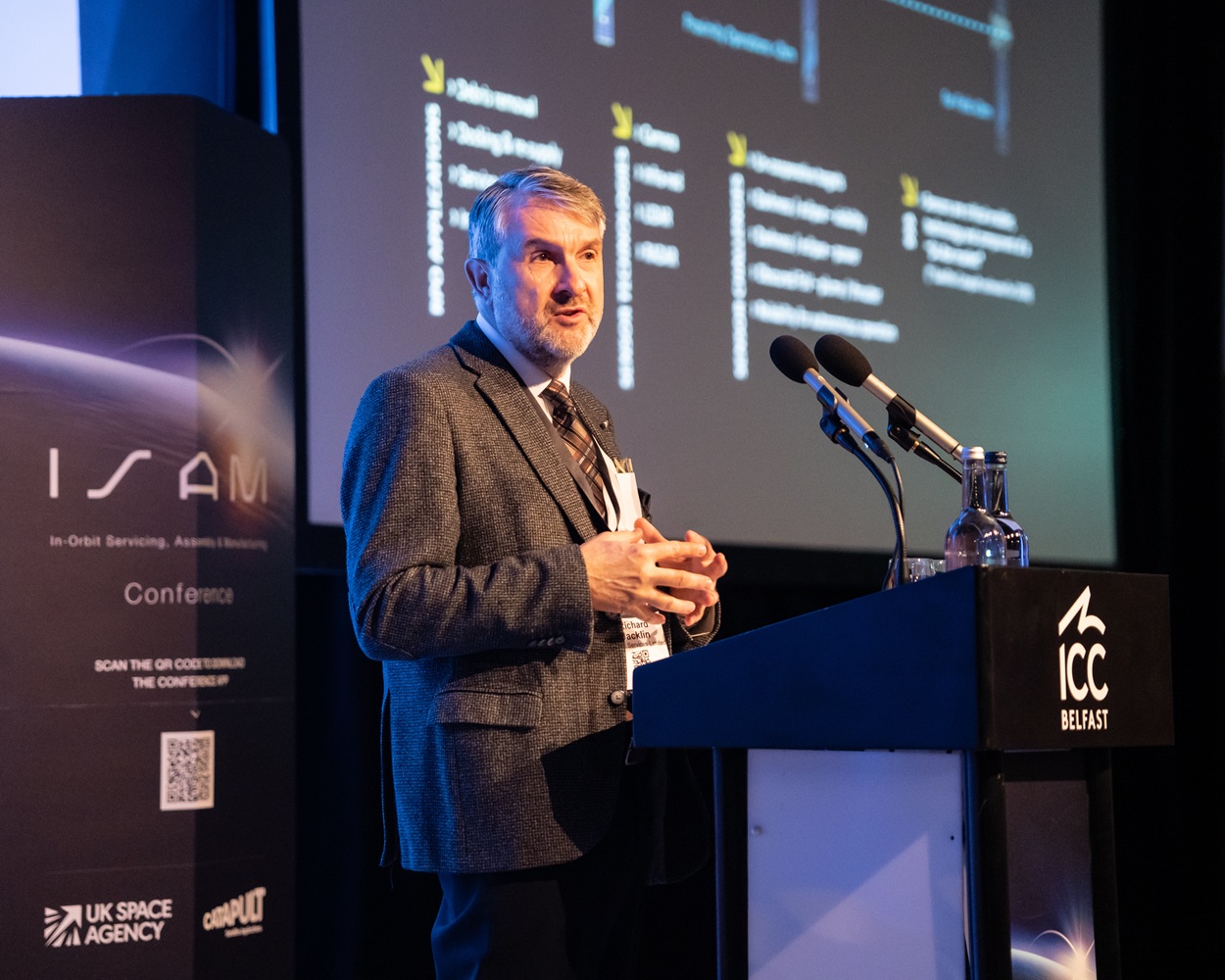How the R&D claims process is changing

Image courtesy R&D Tax Claims Ltd
The R&D tax relief schemes introduced to encourage British innovation were slow to start but there is now been a huge growth in claims and nearly 90,000 were submitted in 2020/21. What has also grown is the number of advisers specialising in this particular area of tax and, rather worryingly, the number of unscrupulous advisers, all too willing to abuse the schemes and submit fraudulent claims for activities which do not actually satisfy the definitions of R&D.
Worrying stories are rife, of HMRC taking businesses to court and forcing them to repay money paid out to them up to a year before, with the so-called ‘cowboy’ firms who encouraged these claims having all too often ridden off into the sunset, nowhere to be found.
What is changing?
The changes are part of a crackdown which has seen enquiries into past claims rise exponentially, following the release of HMRC accounts which estimated £470 million worth of claims each year were either fraudulent or contained significant errors - blaming cold-calling non-professional advisers acting within the SME scheme for the large part. Many of us in the industry believe this figure is actually much higher.
These serious issues have prompted changes which come into force this April, which will see businesses needing to forewarn HMRC that they will be entering an application for R&D tax relief. All R&D claims will need to be submitted digitally, include the signature of a named representative of the company and must also include full details of the R&D tax adviser who has supported the preparation of the claim.
From 1st April 2023, further alterations to the scheme for SMEs (announced during the last Budget statement in November) will see the ‘enhancement’ rate reduced to 86% from 130% although the effect of this will be mitigated to some extent by the rise in corporation tax from 19% to 25%.
Loss-making SMEs will be doubly hit as the amount they can claim as an R&D Tax Credit will fall from from 14.5% of the surrenderable loss to 10%, while companies who qualify for the R&D Expenditure Credit Scheme (normally if they have 500+ employees and a €100m+ turnover) will be much better off as they will be able to claim for 20% of their qualifying expenditure - previously 13%.
Why?
It is hoped more accountability around the schemes will make it easier for HMRC to trace ‘repeat offenders’, those advisers who are constantly encouraging businesses to submit claims for activities which do not satisfy the definition of R&D. It is hoped that – in time – this will significantly reduce the number of ‘dodgy’ advisers, leaving only the genuinely trustworthy firms standing.
However, while this process happens, there is still a very real danger of being taken in by these advisers who tend to push for the largest possible claim while sometimes even stating there are ‘no associated risks’.
This simply is not true: over-claiming as we have seen can prompt an enquiry up to a year post-payment, leaving your business in trouble if you have already reinvested that money. Not to mention the extra cost of interest and a potential fine.
Yet of course businesses want to make sure they’re claiming for absolutely everything they are entitled to, which is why their day-to-day accountant is not normally the right person to turn to for R&D support as they may not have the specialism to recognise all claimable activities and may therefore submit a claim for less than you’re entitled to.
Recognising the complexities, most accountants will opt to refer their clients to expert R&D advisers when the need arises. However, selecting an adviser can be a minefield.
Sector experience
In order to truly understand what constitutes R&D in a particular sector, in-depth knowledge and experience within that industry is vital. Without it, it’s incredibly difficult to have confidence in the legitimacy of a claim. If an adviser has no knowledge of the aerospace or defence industry then there is a steep learning curve heading their way when they walk into your HQ.
This is because activities which constitute R&D differ so extensively between industries. Yet the good news is that there are a good number of expert specialist advisers out there who will have worked in a particular industry themselves, or will have spent extensive time gaining the breadth and depth of knowledge necessary in that industry (or both). Aligning with them is key to successful and legitimate claims, especially with changes just weeks to go and enquiries continuing to increase in number.
It is vital to remember though that the schemes are intended to support businesses in their efforts to innovate and whilst it may be easy to under or over claim, those who are genuinely undertaking R&D activities should not be deterred by the efforts to stamp out abuse of the system, they just need to ensure the right person prepares the claim.












